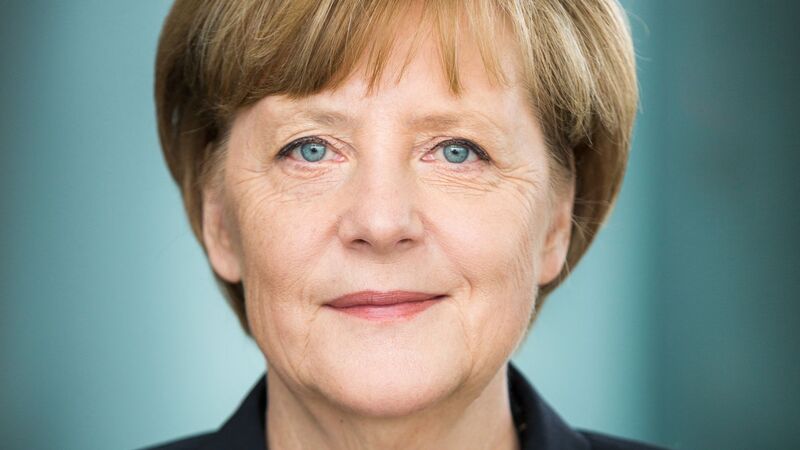You are viewing your 1 free article this month. Login to read more articles.
Publishers 'committed' to investment following Brexit
Large and independent publishers remain committed to their investment and publishing strategies despite the potential impact of the Brexit vote, two separate surveys by the Publishers Association (PA) and the Independent Publishers Guild (IPG) have found.
A PA survey of 48 UK publishing houses has revealed that 73% of publishers do not intend to change their investment plans following the Brexit vote, while 2% intend to increase involvement. Similarly, 75% of the 115 IPG members polled said that there would be no change to their investment plans.
However, publishers have also warned that funding for academic research could have a big impact on business for academic presses, according to the PA survey, with over half (53%) of academic publishers identifying reduced funding for academic research and Higher Education institutes as the main challenge facing publishers.
The findings follow a meeting for IPG members last month in which Richard Fisher, IPG academic correspondent and former m.d. of Cambridge University Press, said that Brexit would have "major" consequences for student debt and fee increases. It also follows an open letter to the Independent from 103 university vice-chancellors expressing their “grave” concerns about the impact of Brexit on universities and students.
On the flip side, the biggest opportunity for publishers following Brexit is improved competitiveness of UK exports following the weakening of the pound, both surveys found. More than half (58%) of IPG members highlighted a boost in exports as a current positive consequence of Brexit, while 44% of PA respondents agreed cheaper exports would be beneficial for business. However, some PA respondents warned any uplift would be cancelled out by higher printing costs, with more than a third - 35% - reporting that higher costs of doing business, including for imports, was one of the biggest challenges facing publishers.
Uncertainty created by the Brexit vote also worries firms, according to the PA survey, with one respondent saying: “As the timetable for Brexit is still not clear, the likely effect is still difficult to assess”. Another highlighted that the uncertainty “had already damaged UK sales and added costs to production”.
Independent publishers have previously told The Bookseller they feel "extremely vulnerable" to this uncertainty, with currency fluctuations putting pressure on tight margins, forcing many to consider raising the prices of their books.
In terms of policy, the PA survey found that over a third (38%) of respondents said they wanted a strong commitment to the existing copyright framework following Brexit, while another 33% said they would like to see VAT reduced on e-publications. Similarly, of the independent publishers surveyed, half (51%) identified the cutting of VAT on digital publications as a major opportunity, and two in five (39%) thought this was a good chance for the government to commit to copyright protection for publishers.
Stephen Lotinga, chief executive of the PA, said that the survey shows that despite economic uncertainty caused by the Brexit vote, the industry remains "resilient" and "will continue to play an important role in the creative sector and the UK economy as a whole".
However, Lotinga added that the survey also highlights the challenges the industry faces, including higher business costs due to the weaker pound and the difficulty in planning in an uncertain environment. "We will make sure that these concerns are addressed by government, as well as working to secure the industry’s key priorities moving forward,” he said.
IPG chief executive Bridget Shine said: “Our survey shows that the great majority of our members are dismayed by the Brexit vote and its implications. But independent publishers prove time and time again that they respond to challenges with agility and creativity, and we know they will find opportunities in the outcome of the referendum too. The IPG will be doing all it can to support them in the years ahead.”
She added: “It is also clear from our survey that there are potential upsides to Brexit in areas like copyright and VAT. It is important that publishing now pulls together to ensure that the government minimises disruption for UK businesses and addresses publishers’ policy concerns.”
Both the IPG and the PA will now be using these findings in a submission to the Creative Industries Council about the implications of Brexit and the key priorities for publishers.


















